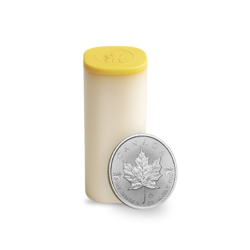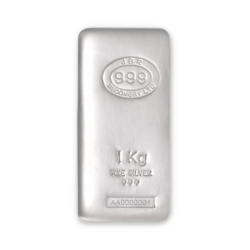Markets Respond Harshly
Investor worries remain about the profitability of the European bank sector after the release of the 3rd “stress test” of lenders from across the EU. The European Banking Authority (EBA) declared the industry to be reasonably healthy but, for the first time, did not issue either a “pass” or a “fail” result. While book values and credit ratings may not change as a result of the test, analysts point to ongoing concerns such as zero interest rates that cast severe doubt on the banks’ profitability in the short and long term. And, as you will see at the end of the article, the markets have made their appraisal of the test results.
Weaknesses Revealed
The EBA stress test came to life in the wake of the 2008 financial crisis. Regulators concluded that the bank sector is stronger than it was 8 years ago but much more had to be done to strengthen the institutions’ capital bases in the event of another severe shock. If that were to happen today, it was estimated that some 269 Billion euros would be lost. And this was of a test sample of only 51 banks. (In 2014, 124 were tested.) The central bank also admitted that its stress test was less stringent than the one used on 33 USA banks this year, of which 31 passed.
Of the 51 European institutions under the microscope this year, Barclays and Deutsche Bank were notably poor performers. But nobody did more poorly than Italy’s Banca Monte dei Paschi di Siena (MPS): it utterly failed the 2016 test. The simulation of a strained global economy and market situation succeeded in wiping out the assets of the world’s oldest bank. Even so, the Italian finance minister insisted there was no banking crisis in the country, then promptly endorsed a rescue package for MPS that raised private capital and dumped bad debts. That kept tens of thousands of ordinary bond-holding Italians from losing their life savings.
Brexit and Interest Rates Not Even Considered
As in art, what is left out of the picture is as important as what is put in, if not more so. This EBA stress test did not include Brexit or negative interest rates as risk factors. Nor were Greek or Portuguese lenders tested. It was only a matter of time, a very short time, before that sunk in. After initial gains following the stress test release, share prices dropped across the board, led by international bank UniCredit which first went up 4% before losing almost 16% and seeing its shares suspended. Deutsche Bank and Credit Suisse have both lost over 6% and Barclays over 5% in what can only be described as a brutal start to August for Europe’s banking sector.
Reproduction, in whole or in part, is authorized as long as it includes all the text hyperlinks and a link back to the original source.
The information contained in this article is for information purposes only and does not constitute investment advice or a recommendation to buy or sell.

















